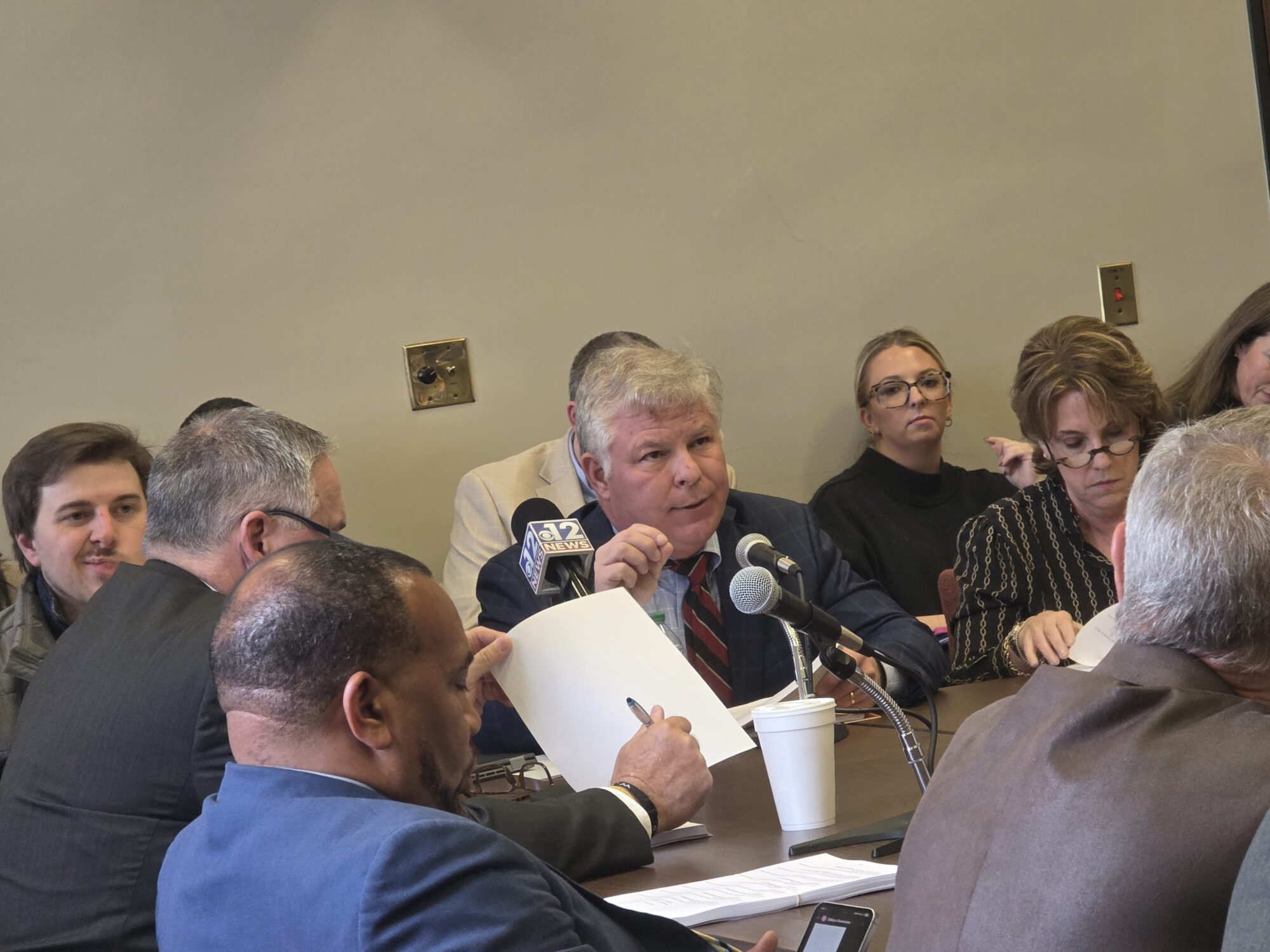Fortune: A Biofuel Dream Gone Bad
It’s a factory in the sleepy city of Columbus, Miss., that was briefly able to turn wood chips into a biofuel that could power vehicles more cleanly than oil, using a first-of-its-kind technology that wowed engineers, politicians, and investors.
The plant’s supporters once envisioned it as the embodiment of a clean-energy future. The company that owned it was valued at more than $1.5 billion, and its shares publicly traded. The factory, the first of several planned in the state, was intended to employ hundreds of workers and create new demand for the state’s timber industry.
But on a hot, sunny afternoon in October, the factory is a dead zone. Long weeds have sprouted up around an empty parking lot. No workers are operating any machinery. The plant hasn’t produced any biocrude in close to two years. Days before, a big chunk of the facility was sold for $2.1 million. Another piece was unloaded weeks before that for $1.6 million. The plant, a former paper mill, had cost more than $215 million to buy and convert to green energy production.
The factory was run by a company called KiOR, which was once a symbol of the promise of the next generation of biofuels and the role that Silicon Valley and government could play in incubating clean-energy technology. Its soaring ambitions—and hype—largely stemmed from the imprimatur of Silicon Valley venture capitalist Vinod Khosla and the millions he had invested in it. All told, the company spent more than $600 million. In its brief time in operation, it generated $2.3 million in revenue; when it filed for bankruptcy it listed assets of $58.3 million.
Fortune
12/15/15







